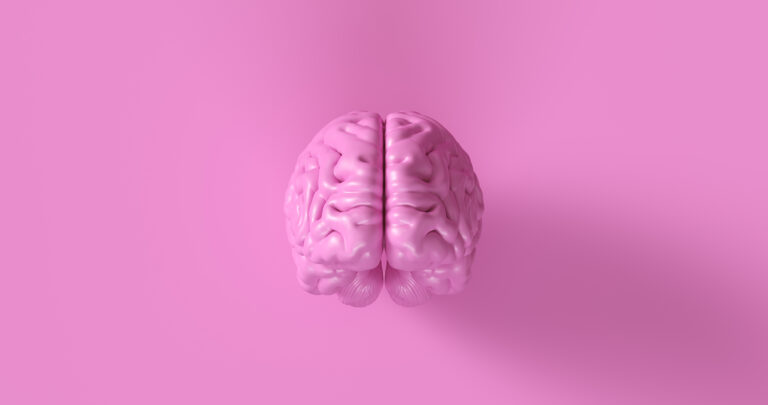### How Sodium Imbalance Affects Cognitive Performance
Sodium is an essential mineral that plays a crucial role in various bodily functions, including maintaining fluid balance and nerve signal transmission. However, an imbalance of sodium in the blood can have significant effects on cognitive performance. In this article, we will explore how sodium imbalance affects the brain and what symptoms to look out for.
#### What is Sodium Imbalance?
Sodium imbalance occurs when there is too much or too little sodium in the blood. This condition is known as either hypernatremia (high sodium levels) or hyponatremia (low sodium levels). Both conditions can lead to cognitive problems due to their impact on the brain’s ability to function properly.
#### Symptoms of Sodium Imbalance
**Hyponatremia (Low Sodium Levels):**
– **Forgetfulness:** Difficulty remembering things or concentrating.
– **Headaches:** Frequent or severe headaches.
– **Nausea and Vomiting:** Feeling queasy or vomiting.
– **Muscle Weakness:** Feeling weak or tired.
– **Restlessness:** Feeling agitated or restless.
– **Seizures and Confusion:** In severe cases, it can lead to seizures, decreased consciousness, hallucinations, or severe confusion[3].
**Hypernatremia (High Sodium Levels):**
– **Excessive Thirst:** Feeling extremely thirsty.
– **Lethargy:** Feeling drowsy or lethargic.
– **Confusion (Delirium):** Difficulty thinking clearly or confusion.
– **Muscle Twitching or Spasms:** Muscle twitching or spasms (myoclonus).
– **Coma and Death:** In extreme cases, it can lead to coma and death[3].
#### How Sodium Imbalance Affects Cognitive Performance
1. **Fluid Balance:** Sodium helps regulate the amount of water in the body. When there is an imbalance, it can affect the brain’s ability to function properly. For example, hyponatremia can cause swelling in brain cells, leading to confusion and forgetfulness.
2. **Nerve Signal Transmission:** Sodium is essential for transmitting nerve signals. An imbalance can disrupt this process, affecting how the brain processes information and responds to stimuli.
3. **Brain Function:** The brain relies on a delicate balance of fluids and electrolytes to function correctly. An imbalance can lead to a range of cognitive problems, from mild forgetfulness to severe confusion and seizures.
#### Managing Sodium Imbalance
If you suspect you or someone else has a sodium imbalance, it is crucial to seek medical attention. Here are some steps you can take:
1. **Monitor Symptoms:** Keep track of any symptoms you experience, such as headaches, nausea, or muscle weakness.
2. **Seek Medical Help:** Consult your doctor if you notice any of these symptoms. They may recommend a blood test to check your sodium levels.
3. **Follow Treatment:** If diagnosed with a sodium imbalance, your doctor will provide treatment to restore the balance. This may involve adjusting your diet, taking medication, or receiving intravenous fluids.
4. **Maintain a Balanced Diet:** Eating a balanced diet that includes the right amounts of sodium can help prevent imbalances. However, it is essential to consult with a healthcare professional for personalized dietary advice.
In conclusion, sodium imbalance can significantly affect cognitive performance by disrupting fluid balance and nerve signal transmission. Recognizing the symptoms and seeking medical help promptly is crucial to managing this condition and preventing long-term cognitive damage. By understanding how sodium imbalance affects the brain, we can take steps to maintain a healthy balance and support optimal brain function.





